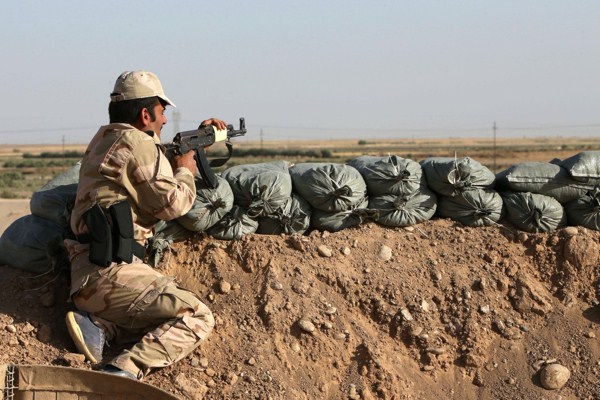Iraqi Kurdish peshmerga forces, armed and trained by NATO countries and backed by U.S. air support, form the vanguard of the international coalition’s ground operations in Iraq against the militants of the so-called Islamic State. But the Western support comes amid growing concern that the Kurds could use these arms and newly gained military know-how to secede from Iraq by force and form an independent Kurdish state once the Islamic State—also known as the Islamic State of Iraq and Syria (ISIS)—is defeated.
NATO countries have explicitly conditioned their military support on the Kurds remaining in Iraq and cooperating with the central government in Baghdad. On the same day the German parliament agreed to provide the peshmerga with German military equipment, German Foreign Minister Frank Walter Steinmeier even issued a stern warning against any unilateral Kurdish steps toward independence.
Although there was a brief window earlier in the summer when a Kurdish gambit for national self-determination seemed more likely, such fears are now ill-founded. Contrary to Western concerns, the chances of a unilateral pursuit of Kurdish independence have once again receded, precisely because Iraqi Kurds have been prominently integrated into the international coalition to defeat the Islamic State, as well as other developments in the past two months.

